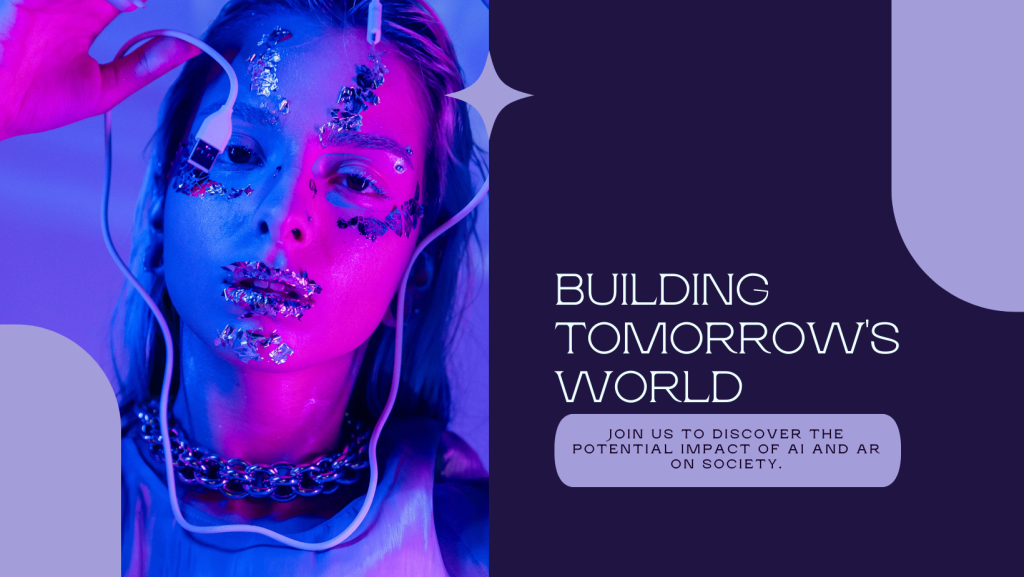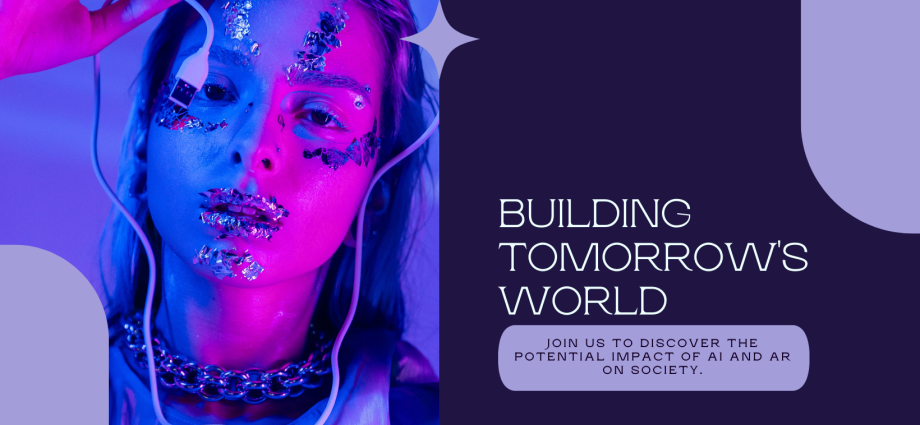A new era of rapid technological growth is upon us, and with it, the emergence of Artificial Intelligence (AI) and Augmented Reality (AR) as transformative forces that will shape the makeup of future societies. The combination of AI and AR has the potential to transform a number of industries, redefine human-computer interaction, and inspire new kinds of creativity and expression. It also holds the key to constructing a society that is more inclusive, intelligent, and connected.
Fundamentally, AI provides intelligence to augmented reality experiences, allowing systems to comprehend user context, anticipate needs, and customize interactions in real-time. Artificial intelligence (AI)-driven augmented reality (AR) adds a layer of intelligent augmentation to human experiences, improving productivity, creativity, and communication in a variety of fields. Examples of this include suggesting pertinent information based on user preferences and transforming virtual content into physical environments.
AI-powered augmented reality (AR) technologies are revolutionizing medical education, patient care, and surgical support in the field of healthcare by allowing medical practitioners to view complex data, mimic procedures, and improve diagnosis accuracy. Through the integration of artificial intelligence (AI) and augmented reality (AR), healthcare professionals may provide more tailored and efficient care, enhancing patient results and propelling medical research.
In the fields of education, urban planning, and environmental sustainability—where immersive learning environments, smart city projects, and data-driven decision-making promote good social change—AI and AR integration hold great promise. Augmented reality overlays that show urban development projects and interactive educational simulations that bring history to life are just two examples of how AI and AR technologies enable people and communities to create a future that is both creative and just.
It is crucial to responsibly utilize AI and AR’s promise as we traverse the complexity of the digital age. This means making sure that these technologies serve the common good and respect the core values of ethics, diversity, and inclusivity. We can create a future where human potential is enhanced by intelligent systems, promoting prosperity, resilience, and well-being for future generations, by embracing AI and AR as tools for good development.



Comments are closed, but trackbacks and pingbacks are open.